|
Millions of South Africans went to the polls on Wednesday to vote in the country’s sixth democratic national and provincial elections. The African National Congress (ANC) remained in control nationally and in the majority of the country’s provinces. But, writes Richard Calland, it was a hard-won victory - and President Cyril Ramaphosa must turn the reform platform he has built over the past year into a springboard for economic growth and
job creation. And Matthias Pauwels delves into the military aesthetic of what looks set to remain South Africa’s third largest party, the
Economic Freedom Fighters.
|
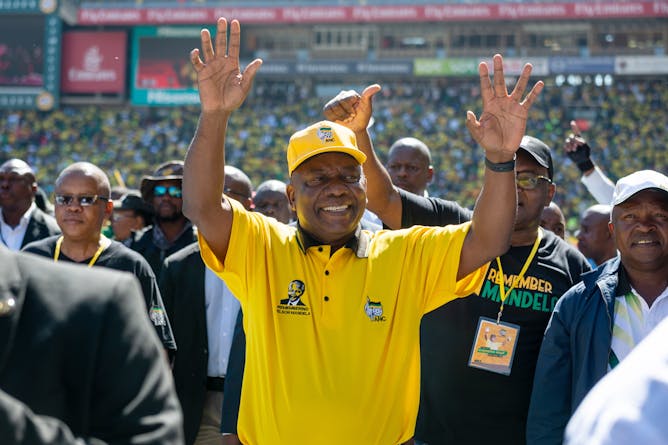
Cyril Ramaphosa has led South Africa’s African National Congress to its sixth electoral victory. But he’s got his work cut out.
EPA-EFE/Yeshiel Panchia
Richard Calland, University of Cape Town
Some have argued that were the ANC to win 60% or more in this election, it would have given the party a blank cheque for further larceny
|
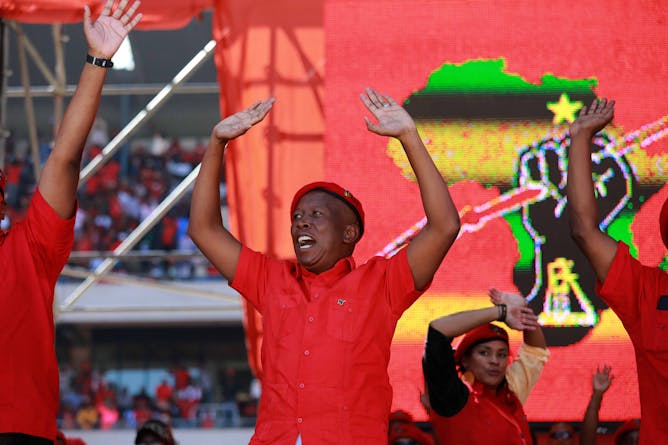
Economic Freedom Fighters leader Julius Malema at an election rally.
Kim Ludbrook/EPA
Matthias Pauwels, University of Johannesburg
The EFF's militarised aesthetic is more than a sideshow. It forms a key part of its spectacle-oriented brand of politics.
|
Environment
|
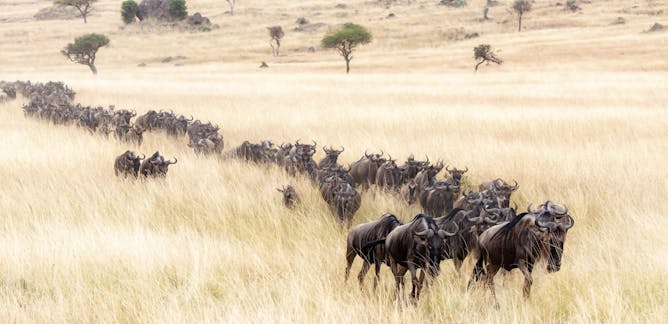
Joseph Ogutu, University of Hohenheim
Four of the five contemporary migrations in East Africa are severely threatened and have virtually collapsed.
| |
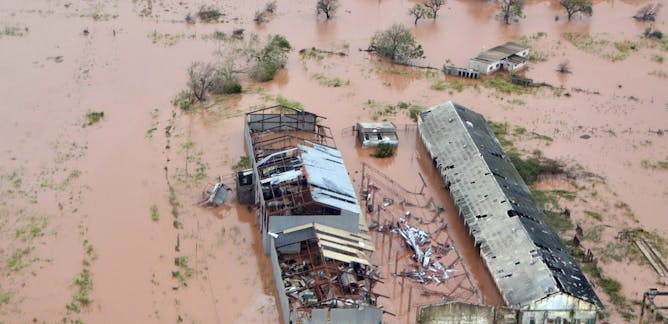
Jennifer Fitchett, University of the Witwatersrand
The spate of high intensity tropical cyclones making landfall in Southern Africa has been tied to very warm sea surface temperatures.
|
|
|
Business + Economy
|
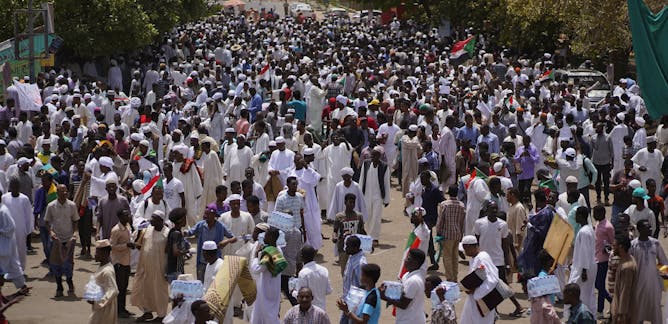
Peter Robert Woodward, University of Reading
The immediate cause of the economic crisis that brought many thousands of Sudanese onto the streets and continued beyond al-Bashir's downfall lay in the structure of the economy itself.
| |
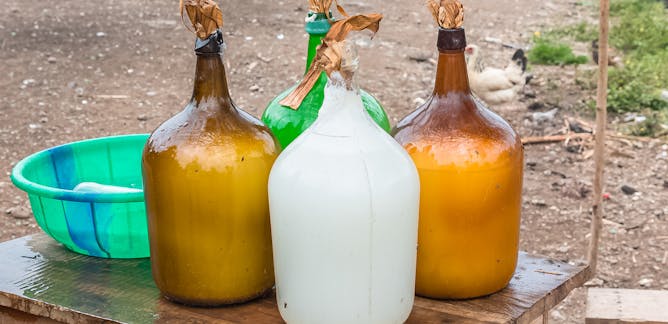
Chika Ezeanya-Esiobu, University of Rwanda
Although still hugely popular in rural areas, we found that there is little or no support from the government to develop the local brew industry because it's viewed as unhygienic and hard to tax.
|
|
|
Health + Medicine
|
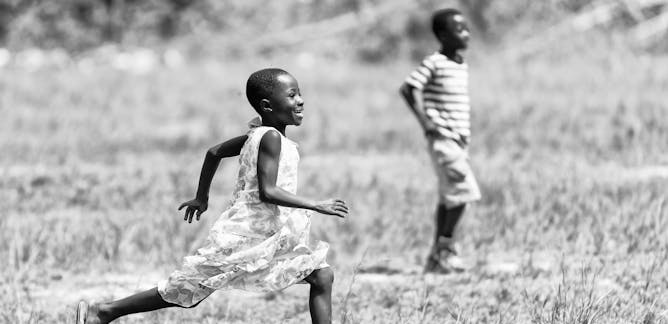
Emmanuel Adebayo, Federal University of Agriculture, Abeokuta
Boys are more likely to engage in risky behaviours than girls
| |
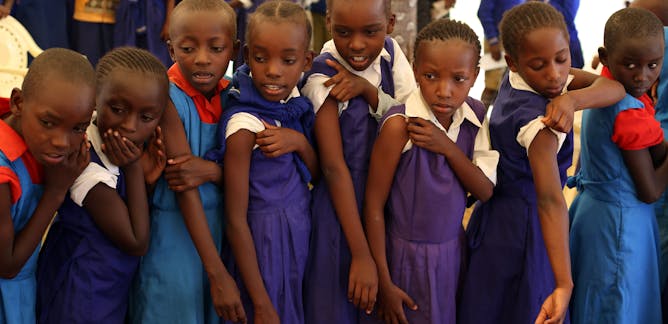
Chris Ifediora, Griffith University
Empowering young women with information in high school can help ensure that certain cancers are caught early.
|
|
|
Podcasts
|

Ozayr Patel, The Conversation
Black women face a number of challenges in trying to become scientists.
| |

Ozayr Patel, The Conversation
Light pollution comes with numerous problems.
|
|
|